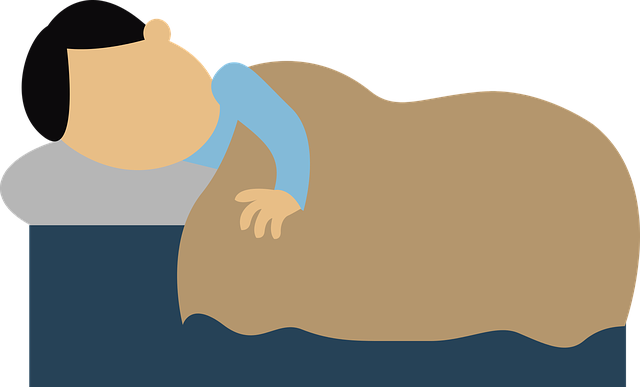Sleep is more than just rest — it’s a foundational pillar of your health. Yet, millions overlook its impact on their daily mood, long-term health, and cognitive function. In this post, we’ll explore the powerful link between sleep and your mental, emotional, and physical well-being — and share actionable tips to improve your sleep quality.
1. Sleep and Mental Health – The Brain’s Recharge Mode
Lack of quality sleep is directly linked to mental health challenges such as anxiety, depression, and brain fog. During sleep, especially during REM stages, your brain processes emotions and stores memories. Poor sleep –
-
Reduces concentration and decision-making ability
-
Increases irritability and negative thinking
-
Exacerbates conditions like anxiety and ADHD
According to the CDC, adults who sleep fewer than 6 hours per night are 2.5 times more likely to report frequent mental distress.
2. Emotional Balance – Why Sleep Makes You More Resilient
Emotional regulation is tightly connected to the quality of your rest. When you’re sleep-deprived, the amygdala (your brain’s emotional center) becomes overactive. This means:
-
You’re more likely to overreact to stress
-
Small challenges feel overwhelming
-
You’re less equipped to cope with daily life
Consistent sleep routines help stabilize your mood over time, even more than caffeine or willpower ever could.
3. Physical Health – Sleep as the Body’s Repair System
Sleep is when your body repairs itself. It impacts everything from immune function to weight regulation. Poor sleep can lead to
-
Increased risk of heart disease, stroke, and diabetes
-
Weakened immune system
-
Disrupted hormonal balance, leading to weight gain
-
Higher levels of inflammation
Did You Know? Growth hormone critical for muscle repair and fat burning is released during deep sleep stages.
4. How to Improve Sleep Quality Today
Here are evidence-backed tips to start sleeping better
-
Set a consistent bedtime, even on weekends
-
Limit screen time 1–2 hours before bed
-
Avoid caffeine after 2 PM
-
Try relaxation techniques: deep breathing, meditation, or reading
-
Keep your bedroom cool, dark, and quiet
Sleep isn’t optional — it’s essential. Whether you’re battling stress, striving to improve your workouts, or seeking more emotional stability, prioritizing rest could be the breakthrough you need. Start treating sleep as the health tool it truly is.


